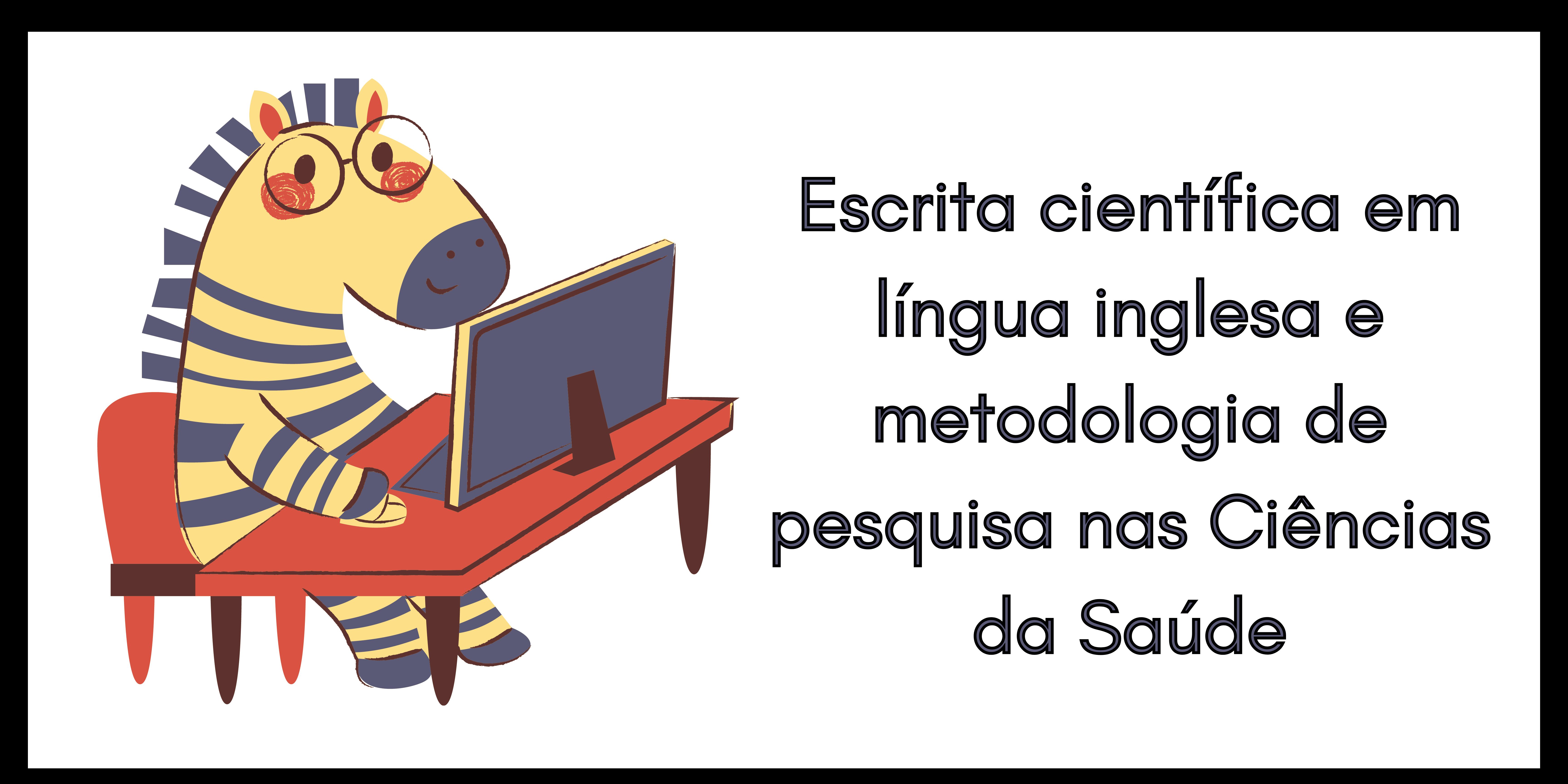- Regente da Disciplina: Marcia Angelica Peter Maahs
- Professor: Rafael Fabiano Machado Rosa
- Professor: Sheila Tamanini de Almeida
A elaboração de trabalhos científicos tem uma dinâmica particular e estruturada, não intuitiva para leigos. Existem diferentes tipos de trabalhos científicos, com particularidades de cada área. Além disso,cada segmento do trabalho segue regras que visam demonstrar de maneira objetiva e inequívoca não apenas os dados, mas também a interpretação dos autores. Nesta disciplina, vamos desconstruir trabalhos científicos, fornecendo aos alunos ferramentas para navegar nesses documentos e treina-los para realizar leituras compreensivas. Ao fazer isso, treinaremos os alunos também a apresentar de forma clara e engajante os diferentes tipos de trabalhos científicos, treinando habilidades necessárias não apenas na carreira acadêmica, como nas diferentes áreas profissionais da saúde.
- Regente da Disciplina: Cristina Beatriz Cazabuena Bonorino
- Regente da Disciplina: Airton Tetelbom Stein
- Professor: Carine Raquel Blatt
Each lecture of the course focuses on a particular aspect of global health, approaching multiple intersectoral and social levels, such as the individual, family, community, and public sector. Students who complete this certificate program will be prepared to apply cross-disciplinary knowledge and skills to integrate basic concepts of the global burden of disease; control and prevention of communicable and non-communicable diseases; health system resilience; and environmental health.
- Regente da Disciplina: Ana Beatriz Gorini da Veiga
- Professor: Helena Maria Tannhauser Barros
- Professor: ELVIS TARKANG
- Professor: Airton Tetelbom Stein

- Regente da Disciplina: Johanna Dagort Billig
- Regente da Disciplina: Melissa Santos Fortes
- Professor: Joanna d'Arc Lyra Batista